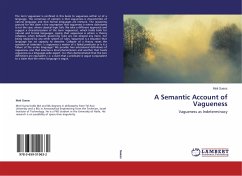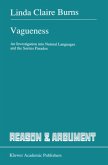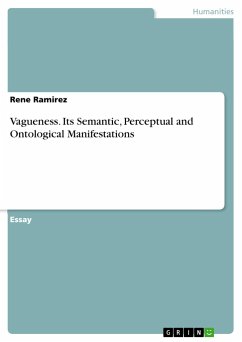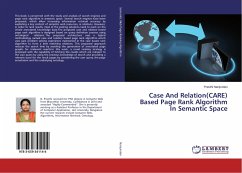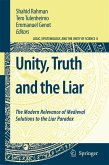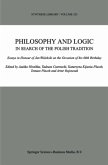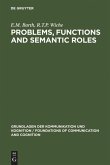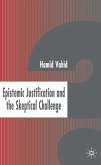The term 'vagueness' is confined in this book to vagueness within or of a language. The consensus of opinion is that vagueness is characteristic of natural language and that formal languages are immune. The reasoning ground for this claim is the assumption that vagueness is where dichotomy is not the case, where classical logic fails. We take a different approach and suggest a characterization of the term 'vagueness', which holds both for natural and formal languages, saying that vagueness is where a theory collapses, when behavior governing rules are not obeyed any more, nor being replaced by any other system of rules. Vagueness is a situation that language has no capacity to describe. Collapse of a theory raises the question of extension. Is vagueness a matter of a failed predicate or is it a failure of the entire language? We provide two extensional definitions of vagueness, one that assumes a local phenomenon and another that treats vagueness as a language-wide aspect. It is then demonstrated that the two definitions are equivalent, i.e. a claim that a predicate is vague is equivalent to a claim that the entire language is vague.
Bitte wählen Sie Ihr Anliegen aus.
Rechnungen
Retourenschein anfordern
Bestellstatus
Storno

